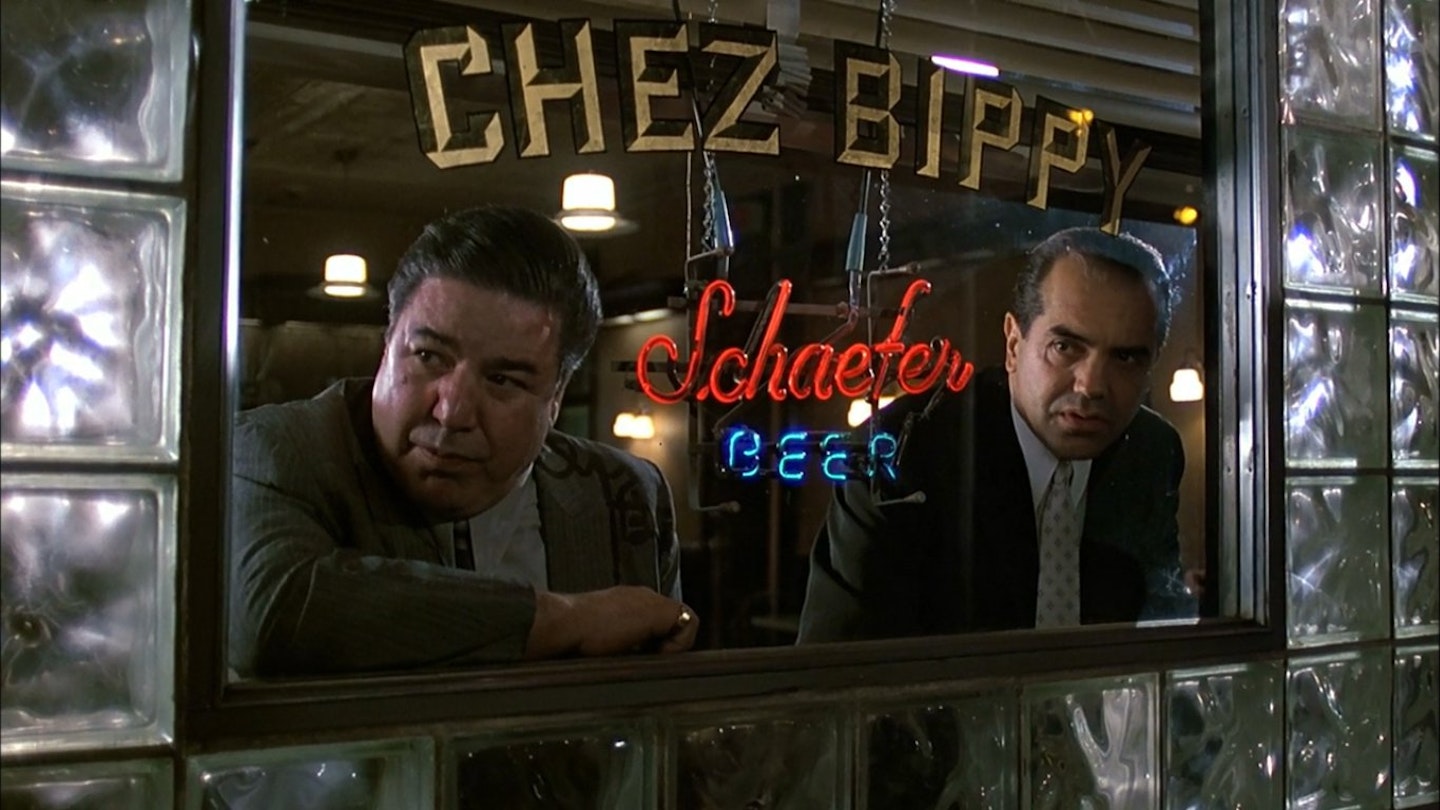Robert De Niro’s directorial debut begins with a New York skyline at night, the sweet harmonising of doo-wop singers on a street corner, and a youthful voiceover telling us it's 1960. As the action moves across eight years, but seldom strays much beyond one short block of the Bronx, De Niro confirms, with a confident visual style, that not only was he paying attention when he was making all those films with Martin Scorsese, but that he knows this time, this place and these people, inside and out. Furthermore, while early on it bears an undeniable resemblance to GoodFellas, it turns out satisfyingly to be something else entirely.
Inspired by an incident in the childhood of Chazz Palminteri — who witnessed a Bronx street killing like the one which sets youthful protagonist/ narrator Calogero on course to manhood — the film is adapted from his one-man show and is richly displayed for him as a writer and as Sonny, the ruthless wiseguy hood and Number One Man in the neighbourhood.
Dapper, cool, tough and dangerous, Sonny takes a shine to nine-year-old Calogero (Francis Capra) and alienates the admiring boy from his poor-but-honest bus driver father Lorenzo (De Niro). Master of the quick buck philosophy, the obscene riposte and sudden, authoritative violence, Sonny commands Calogero's allegiance throughout his youth, while the gentle Lorenzo struggles to teach his boy that the real man, the brave man, is the one who gets up and goes to work each day.The battle between the men for the boy has its own dramatic allure, with Palminteri charismatic and De Niro simply beautiful. Around and between them are an ensemble of colourful larcenous citizens, including Joe Pesci in a cameo. But much devolves on to newcomer Lillo Brancato, an adolescent De Niro lookalike, as the 17-year-old Calogero grappling with first love, juvenile gangdom, racial conflict, torn loyalties and the pain of becoming his own man. Happily, he's up to the job, with an attractive, natural performance of some charm.
